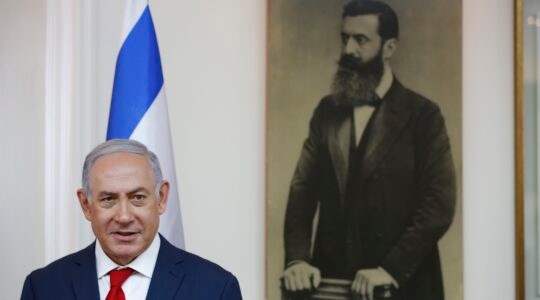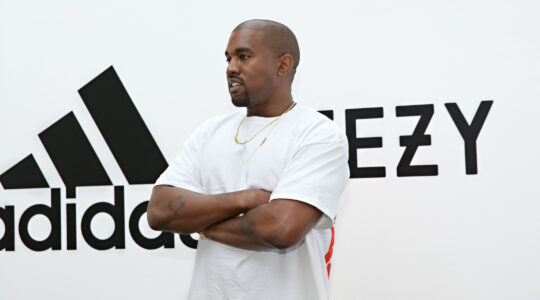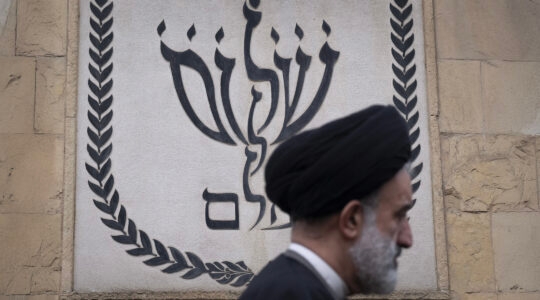BERLIN (JTA) — Jewish communities must not be left to fend for themselves against anti-Semitism, Jewish leaders and politicians
said at the third major interparliamentary conference on anti-Semitism.
“We all have to do our part,” Michael O’Flaherty, director of the European Union Fundamental Rights Agency, said at the opening of the Inter-Parliamentary Coalition for Combating Anti-Semitism, which brought together more than 100 parliamentarians from nearly 40 countries, as well as a plethora of nongovernmental organizations.
On the table are the challenges of Internet hate, community relations and anti-Semitism in sport, as well as legal, parliamentary and governmental responses to anti-Semitism. Best practices for combating anti-Semitism will be discussed at the three-day conference, which started Sunday.
German Chancellor Angela Merkel is scheduled to address the conference attendees on Monday.
The remarks come against a backdrop of rising anti-Semitic incidents in Europe, and growing anxiety about the potential for anti-Semitism among the more than 1 million refugees who have poured in to Europe in the past year from war-torn Syria and other Arab and Muslim lands.
In Berlin alone, the latest statistics from the Research and Information on Anti-Semitism organization showed a 34 percent rise in anti-Semitic incidents in 2015 than in the previous year.
Most anti-Semitic crimes are attributable to far-right perpetrators, but there is increasing concern about attitudes that new refugees have brought with them.
These attitudes “must be put on the table” as part of the integration process, Josef Schuster, head of the Central Council of Jews in
Germany, told the Protestant Press Service in advance of the conference, which is being hosted by the Bundestag.
In remarks to the attendees, Bundestag President Norbert Lammert agreed that “there is a link” between the newcomers and anti-Semitism, though one cannot assume that all refugees share these views.
“They were probably told that Israel was still the villain of the world,” he said. Their integration will involve “accepting Israel’s right to exist.”
Merkel has insisted that new refugees who want to stay in Germany will have to adopt German values, which include rejecting anti-Semitism and respecting the rights of minorities, women and gays.
The conference takes place while Germany serves as chair of the Organization for Security and Cooperation in Europe, or OSCE.
Other speakers will include German Foreign Minister Dr. Frank-Walter Steinmeier; the director-general of UNESCO, Irina Bokova; EU Commissioner and First Vice President Frans Timmermans; and Britain’s secretary of state for justice, Michael Gove.
JTA has documented Jewish history in real-time for over a century. Keep our journalism strong by joining us in supporting independent, award-winning reporting.





